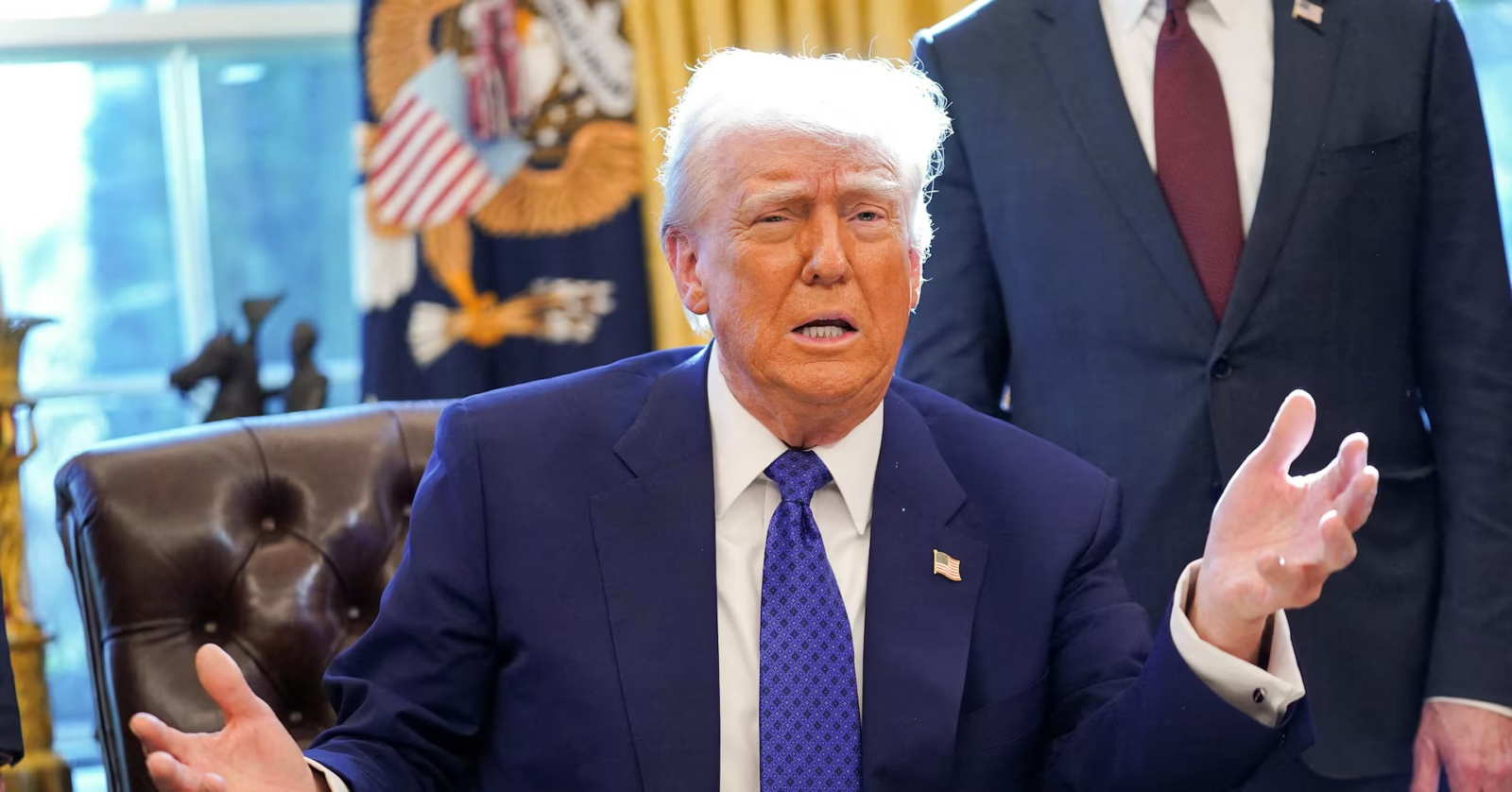STOCKHOLM: Nobel Prize officials in Sweden have warned that U.S. President Donald Trump’s policies targeting science and research could jeopardize America’s standing as the world’s foremost scientific power — a role it has held since the post–World War II era — and create long-lasting repercussions for global research.
Since taking office in January, Trump has implemented sweeping cuts to science funding, stripped billions from federal research programs, and taken aim at universities’ academic freedoms. Thousands of scientists working in federal agencies have been laid off, leaving vital projects without staff or resources.
According to the independent database Grant Watch, the National Institutes of Health (NIH) have already terminated more than 2,100 research grants worth nearly $9.5 billion, alongside $2.6 billion in contracts. The canceled projects span areas such as Alzheimer’s disease, cancer, the health effects of global warming, and gender studies. Though attempts are being made to restore some funds, widespread uncertainty continues to affect the U.S. research landscape.
Hans Ellegren, secretary general of the Royal Swedish Academy of Sciences — which awards Nobel Prizes in physics, chemistry, and economics — cautioned that America’s dominance is under real threat. “In the post-war period, the U.S. assumed the role that Germany once held as the leading scientific nation. But by slashing research funding, they risk losing this position,” he said.
Other sensitive fields, such as vaccine development, climate change, and diversity initiatives, have also faced hostility under Trump’s administration. Thomas Perlmann, secretary general of the Nobel committee for medicine, stressed that America’s scientific success is no coincidence but the product of decades of investment in basic research and freedom of inquiry. “The United States has been the very engine of global scientific progress. If that engine falters, the consequences will be profound,” he warned, adding that even a few years of major cutbacks could cause irreversible damage.
Despite the challenges, U.S.-based researchers remain strong contenders for Nobel Prizes to be announced next week in Stockholm and Oslo. Historically, America has produced more Nobel laureates in science than any other country, but Perlmann cautioned that a creeping sense of doubt now overshadows the nation’s future.
Experts also fear Trump’s cuts could trigger a “brain drain” — with displaced scientists abandoning their fields or seeking opportunities abroad. Younger generations, discouraged by job insecurity and uncertain funding, may decide not to enter scientific careers at all. “There is a risk that a whole generation of young researchers will be lost,” Ellegren warned.
Beyond the U.S., the damage could ripple globally. International scientific collaborations are already suffering as funding shrinks, raising concerns that research partnerships — once a hallmark of American science — may fracture.
Meanwhile, rising scientific powers like China are poised to expand their influence. If U.S. investment and leadership wane, Nobel officials say the global balance of scientific authority could shift in ways that reshape research for decades to come.












Leave a comment